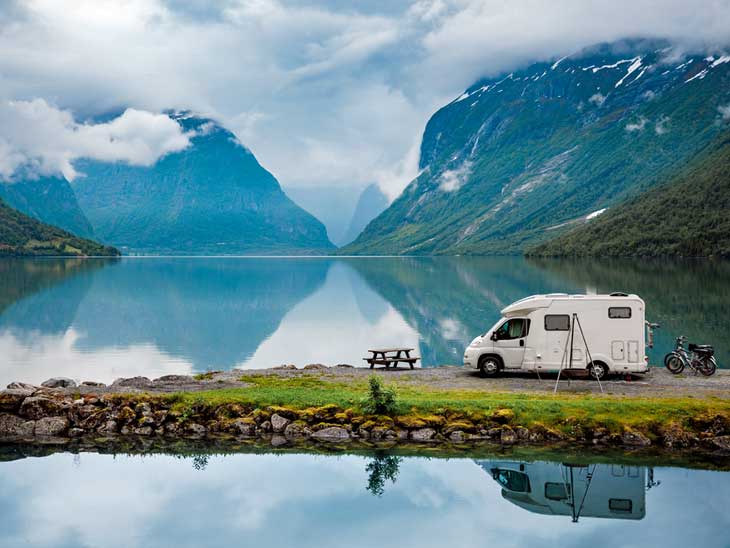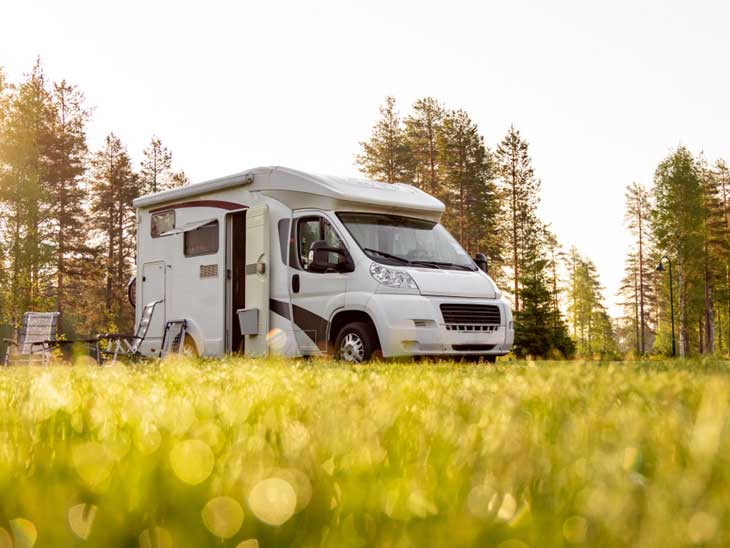
What to Consider When Buying New Campers for Sale in Rochester NY
Imagine bringing your home on the road. Traveling is more fun when you have all the amenities of a mini home, which is what campers are.
Camper trailers are typically pulled by a large vehicle such as a truck, SUV, or minivan. These campers are more than 30 feet in length and can accommodate a number of people. Camping trailers give you total freedom when you go on vacation. You can stay in a location for as long as you want because you won’t be tied to a schedule or hotel accommodations.
Things to Consider Before Buying A Camper
Before buying a new camper, here are several factors you have to keep in mind:
1. Type of Camper
There are many types of campers out there from moderately priced to expensive. Expensive campers have more space and amenities, while mid-ranged campers only have the basic features.
Identify your travel needs and find out which type of camper suits your requirements. Here are some types of campers that you might want to consider:
- Travel Trailer: Ranges from 11 to 35 feet and can be expanded. Travel trailers have a slide-out, which increases their capacity to provide space. When you are parked, you can pull out this slide-out to have more accommodation and living space.
- Folding Camping Trailers: Has a sturdy base, but part of its structure is made of foldable but sturdy material. This feature gives you the ability to fold the camping trailer until you get to your destination. When you’ve parked the camper, you can unfold the flexible material and make use of the living space. This type of camper is generally cheaper than the travel trailer.
- Fifth-Wheel Trailer: A very large camper, also called “hunchback,” since the upper portion of it extends over the towing vehicle. You need a special hitch called a gooseneck hitch to be able to tow this kind of camper.
You can visit jrvcountry.com to choose from a wide selection of campers for every budget.
2. Towing
Make sure that the vehicle you’ll use to tow your new camper has enough towing power. You should also have the proper gear to tow your camper, such as a trailer hitch. This device is attached to the chassis of a vehicle for towing.
3. Amenities
Traveling long distances can make people hungry. Make sure that the camper you buy has the basic amenities. It should have a kitchen where you can properly prepare meals. However, if you are not going to cook in your camper, it may not be a necessity. Consider how you will be eating during your travel. Will you be eating by the campfire or on restaurants along the road?
Moreover, people are dependent on technology wherever they go. Opt for a modern camper if you don’t want to leave behind the comforts of WIFI, GPS, or Satellite TV. If you can only partially commit to living in the wilderness, make sure that your camper can be installed with modern conveniences so you wouldn’t feel that you are totally off the grid.
4. Insurance
The insurance follows the size of your camper. The larger the camper, the insurance coverage naturally goes up. You should look around for insurance companies that will give you good service and good rates before you commit to a contract with them. Some of the coverage of insurance companies for campers cover collisions and property protection.
5. Financing
How do you plan on paying for your camper? Most banks will give you a vehicle loan if you have a good credit score. Your loan interest will be dependent on your credit score. If you offer a larger down payment, you will be getting lower interest. Ideally, you should pay a down payment of up to 10 percent of the total cost of the camper.

Things to Consider After Buying A Camper
1. Camper Parking
Consider where you are going to park your camper. Some homeowners associations don’t allow parking campers in residential areas, especially if the camper is very large. You may have to rent a place to park your camper; this will cost you additional monthly fees on top of the money you’ll spend on buying a camper.
2. Camping Fees
If you are going to camp in secluded areas out in the wilderness, there are usually no camping fees. However, there are camping places that require a fee, and you have to know the terms and conditions of these parking fees. Some camping fees charge a higher fee for larger campers, so you have to know how much this will cost you.
3. Maintenance
Larger campers can entail larger maintenance fees. If you are not handy with a screwdriver and clueless about DIY maintenance, regularly going to a mechanic can be an expensive habit. For this reason, consider buying a camper that you can maintain.
Moreover, make sure to buy a camper that’s in top condition and doesn’t have telltale signs of brown spots in the interiors. These signs would indicate damage in the insulation.
Leaks are one thing you should be concerned about when it comes to maintaining your camper. Water can leak through any opening such as the windows, vents, and skylights. Watch out for these problems, since water entering your RV can cause mold and mildew, which could lead to diseases. Aside from that, water can extensively damage the interior of your camper.
Final Thoughts
Buying a camper offers an exciting experience. Imagine all the places you can travel to and all the adventures that are waiting for you. However, there are things you should consider when buying a camper. By keeping these considerations in mind, you can make the best choice and be an informed buyer. Buying a camper is an investment, and it is good to know the responsibilities to expect when deciding to own one.
